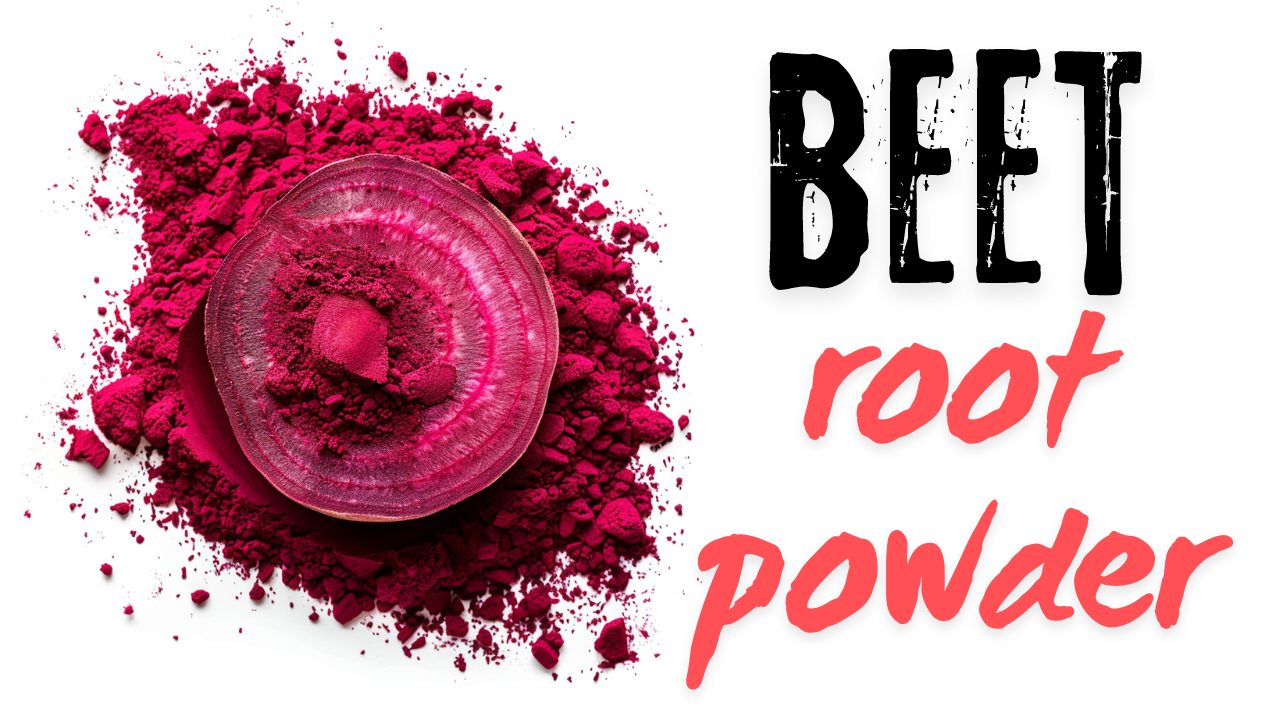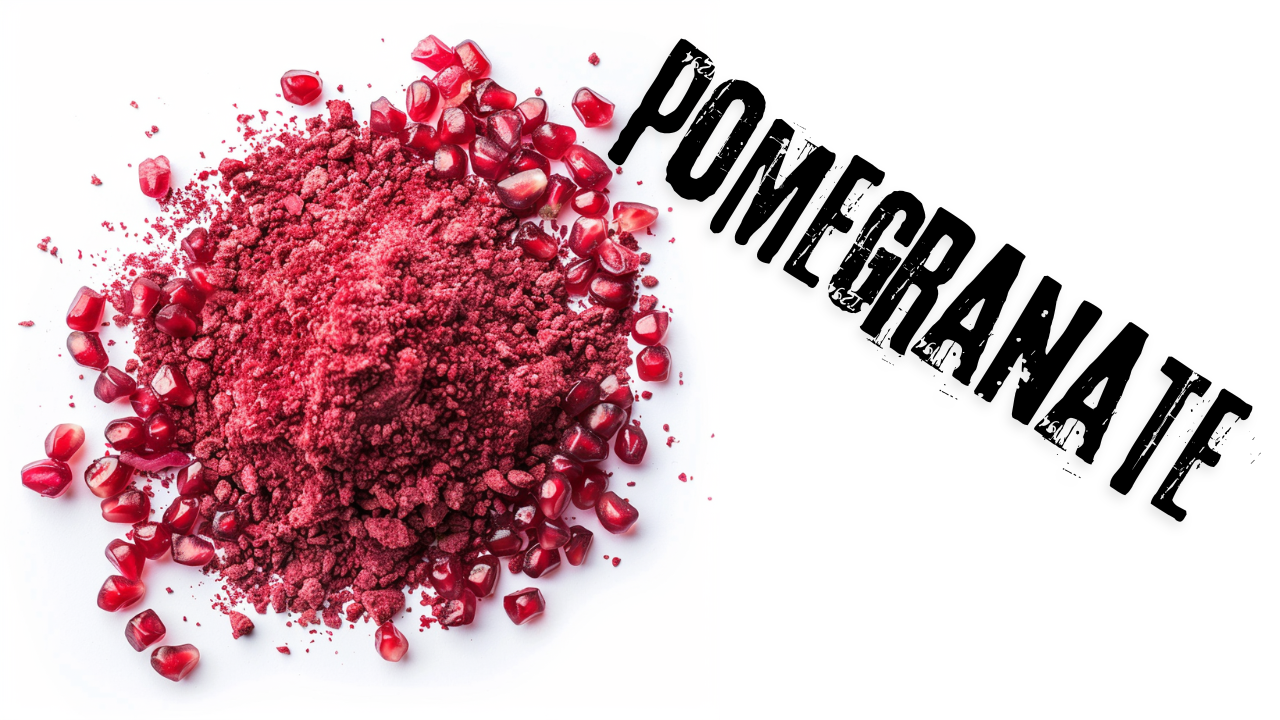B vitamins are a group of water-soluble vitamins that play a vital role in cell metabolism and overall health. Each of the B vitamins has unique functions, but they collectively contribute to energy production, brain function, and DNA synthesis. Here's an overview of the different B vitamins, their specific roles, sources, and potential health benefits.
Types of B Vitamins and Their Functions
-
B1 (Thiamine): Crucial for energy metabolism and nerve function. Found in whole grains, pork, and legumes.
-
B2 (Riboflavin): Helps convert food into energy and is vital for skin, eye, and nervous system health. Found in milk, eggs, and green vegetables.
-
B3 (Niacin): Supports energy production, DNA repair, and skin health. Found in meat, fish, poultry, and whole grains.
-
B4 (Adenine): Not typically classified as a vitamin in human nutrition.
-
B5 (Pantothenic Acid): Essential for synthesizing coenzyme A, crucial for fatty acid synthesis. Found in almost all foods, including meats, whole grains, and vegetables.
-
B6 (Pyridoxine): Involved in amino acid metabolism, red blood cell production, and the creation of neurotransmitters. Sources include poultry, fish, potatoes, and non-citrus fruits.
-
B7 (Biotin): Important for carbohydrate and fat metabolism and hair, skin, and nail health. Commonly found in eggs, almonds, spinach, and sweet potatoes.
-
B8 (Inositol): Not officially recognized as a vitamin; however, it's important for mood and emotional health.
-
B9 (Folate or Folic Acid): Critical for DNA synthesis and repair, and red blood cell formation. Natural sources include leafy greens, legumes, and seeds. Folic acid is the synthetic form found in supplements and fortified foods.
-
B12 (Cobalamin): Vital for nerve tissue health, brain function, and red blood cell production. Mainly found in animal products, making supplementation important for vegans.
Health Benefits of B Vitamins
- Energy Production: B vitamins are key in converting dietary energy into ATP (adenosine triphosphate), the energy currency of the cell.
- Brain Function: Essential for maintaining healthy brain function and neurotransmitter synthesis.
- Heart Health: B6, B9, and B12 can help lower homocysteine levels, potentially reducing the risk of heart disease.
- Red Blood Cell Formation: Certain B vitamins are critical for preventing anemia by aiding in the formation of red blood cells.
Dietary Sources
- B vitamins are found in a wide range of foods, including whole grains, meats, eggs, dairy products, leafy greens, legumes, seeds, and nuts.
- Fortified foods, like breakfast cereals, can also be significant sources of B vitamins, particularly B12 for vegetarians and vegans.
Considerations and Supplementation
- B vitamins are water-soluble, meaning the body does not store them, and they need to be consumed regularly through diet or supplements.
- Excessive intake of some B vitamins, primarily through supplements, can lead to adverse effects.
- Vegan and vegetarian diets might require B12 supplementation, as it is primarily found in animal products.
- Pregnant and breastfeeding women often need higher amounts of certain B vitamins, including folate (B9) and B12.
Conclusion
The B vitamin complex is essential for a wide range of physiological functions, particularly those related to metabolism, brain health, and blood cell formation. A balanced diet typically provides sufficient amounts of these vitamins, but certain individuals may require supplementation to meet their nutritional needs. As always, consulting with healthcare professionals is advisable before starting any new supplement regimen.























